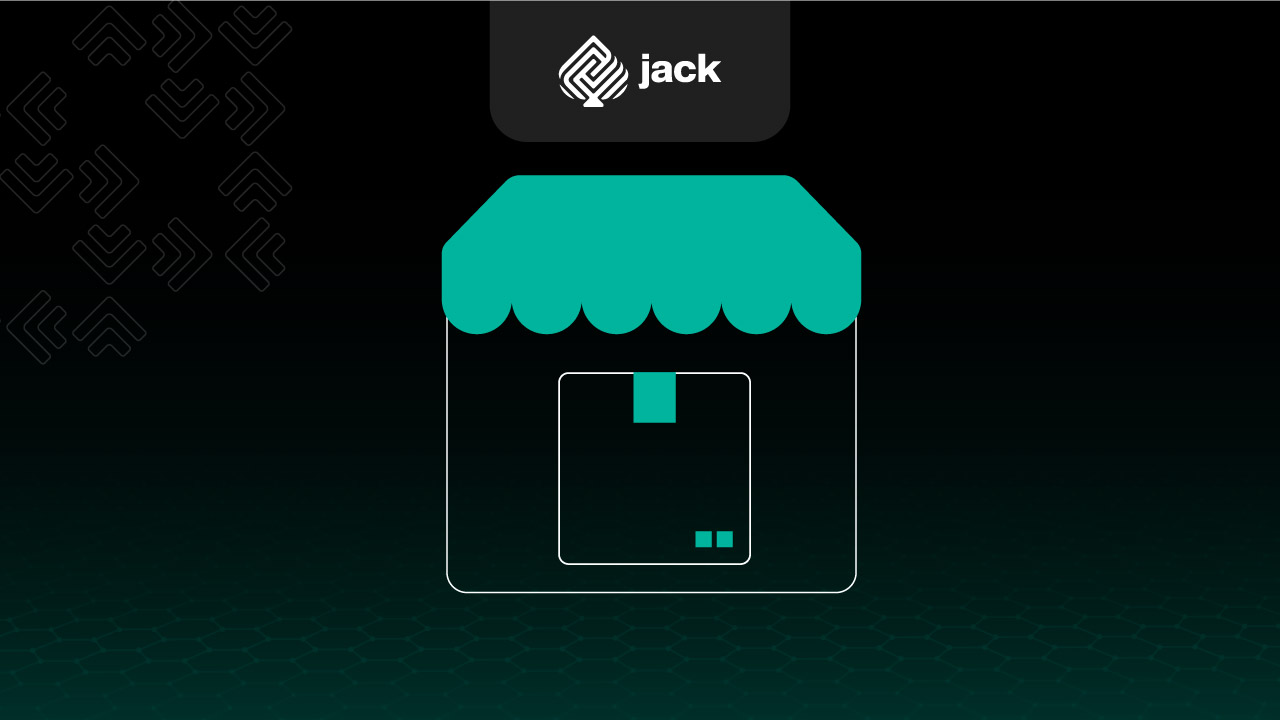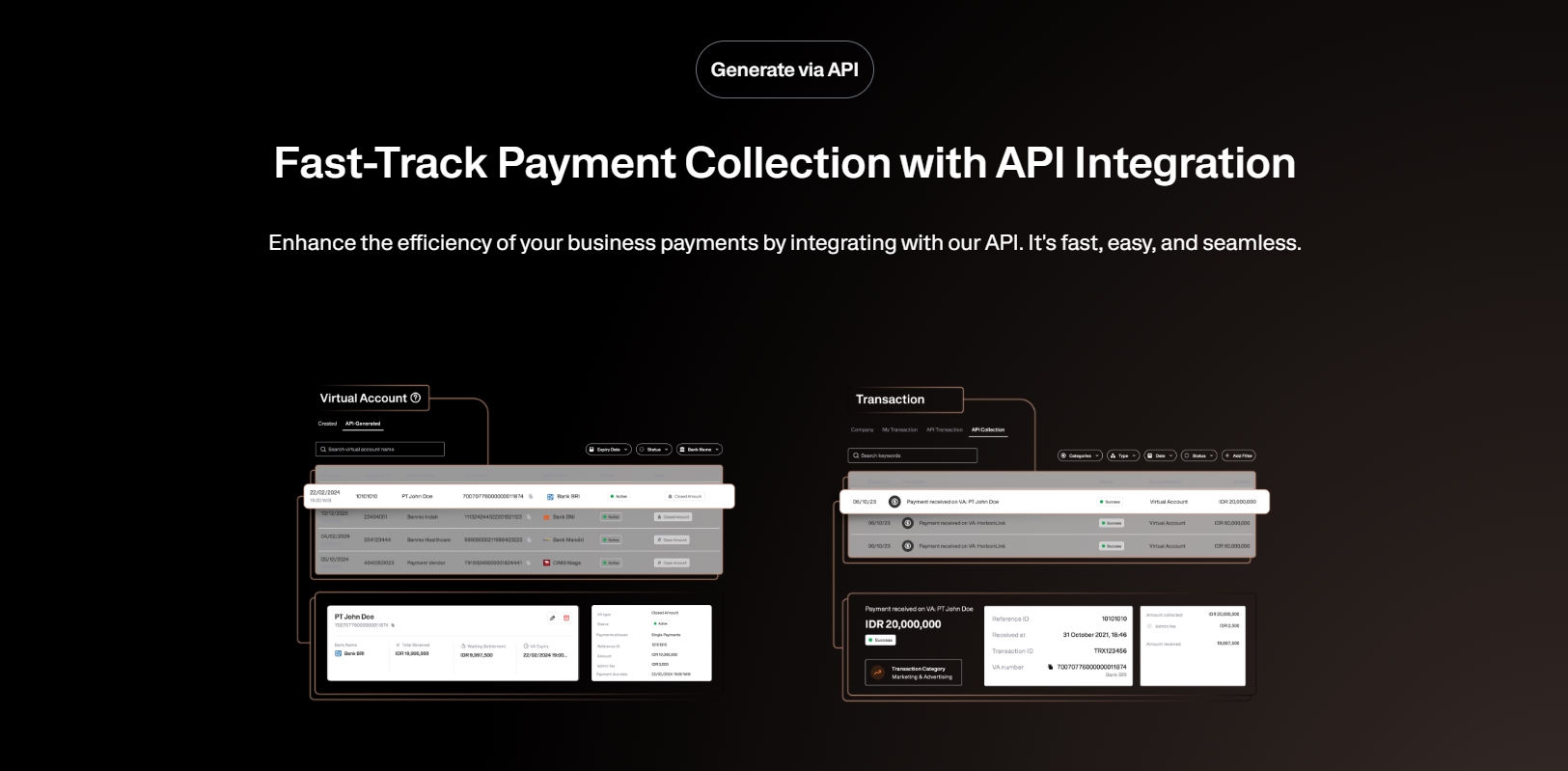Indonesia, as a country with a Muslim majority, makes the hijab business market a particularly attractive business choice. Many entrepreneurs are drawn to this business idea and eventually decide to try their hand at it. However, like any other business, along with its prospects, there are challenges that must be faced.
See Also Corporate Credit Card: Definition, Types, Benefits, and How Cards Work for Startups
This article will provide an overview of the prospects of this business, as well as the potential challenges encountered while running it. For business people interested in trying their hand at the hijab product business, it is worth paying attention to the information shared below.
Prospects of the Hijab Business in Indonesia

Hijabs have become an important part of the culture and identity of Muslim women worldwide. In recent years, the hijab business has grown rapidly and become one of the promising fashion industries.
As mentioned earlier, this business has both prospects and challenges that need to be considered by business people. Here are six prospects for the hijab business:
1. Growing Market
The prospects of the hijab business in the country will undoubtedly continue to rise. This is due to the increasing demand for hijabs in various countries, both in local and international markets. This offers a significant opportunity for business people to reach a broader market and boost sales.
2. Design Innovation
The hijab industry continues to evolve with the emergence of new and creative designs. Hijab designers have the opportunity to keep innovating by creating attractive designs that align with current fashion trends. Thus, this business consistently finds its place despite the changing times.
3. Community Support
A solid and active hijab community provides substantial support for the hijab business. In Indonesia, there are many communities supporting the hijab industry. Business people can leverage social media and community events to expand their market reach and introduce their products to consumers.
4. Increasing Representation
The representation of Muslim women in the fashion industry is increasing, giving the hijab business the potential to grow further in the global market. This also opens up opportunities for collaborations with well-known fashion brands.
5. Awareness of Sustainability
More consumers are concerned about sustainability and ethical production in the fashion industry. Hijab businesses that prioritize eco-friendly and ethical production methods have the potential to attract a larger consumer base.
6. Creative Potential
The hijab industry offers space for designers and entrepreneurs to express their creativity through unique and diverse hijab products. This provides an opportunity to differentiate from competitors and attract consumer interest, making this type of business quite appealing in Indonesia.
Challenges of Running a Hijab Business
In addition to promising prospects, the hijab business also faces various challenges. Business people looking to venture into this type of business must pay attention to the potential challenges and risks that may arise. Here are some common challenges in this business:
1. Intense Competition
The hijab industry is highly competitive, with many brands and designers vying for consumer attention. Business people need effective marketing strategies to stand out from competitors. Without this, it can be challenging to maintain a product’s position amid the abundance of other products.
2. Changing Trends
Hijab fashion trends can change quickly, requiring business people to stay updated on trends and periodically refresh their product designs. This demands a significant investment of time and resources. Ensuring a broad and evolving understanding of consumer desires is crucial to staying relevant.
3. Production Issues
Producing high-quality hijabs that meet standards can be challenging, especially when working with unreliable suppliers. Ensuring product quality and stock availability can be problematic and must be addressed with early solutions.
4. Regulations and Certifications
The hijab business faces challenges related to product regulations and certifications. Ensuring hijab products meet applicable quality and safety standards can be a complex task. Attention to these aspects is necessary before starting the business.
5. Logistical Challenges
Hijab businesses operating internationally face logistical challenges, such as shipping products to various countries and handling customs issues. This requires efficient supply chain management.
6. Changing Consumer Behavior
Shifts in consumer behavior and fashion preferences can pose challenges for the hijab business. Business people need to continuously understand consumer needs and desires to remain relevant in a constantly changing market, ensuring business sustainability and growth.
See the API Document from Jack Finance here
By understanding the prospects and challenges of the hijab business, business people can develop appropriate strategies to navigate market dynamics and achieve success in the hijab fashion industry.
Use Jack for your business needs
With creativity, innovation, and a commitment to meeting consumer needs, this business has the potential to grow and expand its market in the future, particularly in Indonesia, which has a vast market share. Therefore, considering venturing into the hijab fashion business is undoubtedly appealing.









